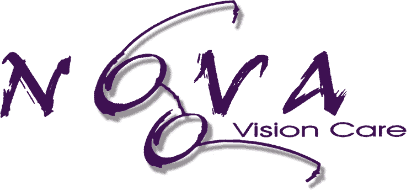Protective Sports Eyewear Is a Serious Matter

There are thousands of eye injuries a year related to sports. According to the National Eye Institute eye injuries are the leading cause of blindness in children in North America and most injuries occurring in school-aged children are sports-related. Further 99% of sports-related eye injuries can be prevented simply by wearing protective eyewear.
Sports injuries aren’t just a result of contact sports. Any sport can pose a danger especially those that involve balls, bats rackets or even elbows. It’s up to parents, teachers, coaches and league administrators to make protective eyewear a mandatory part of any sports uniform. This includes safety glasses or goggles, helmets with built in eye shields, or eye guards, depending on the sport.
Prescription Sports Eyewear
For athletes that wear prescription eyewear or contact lenses, sports eyewear plays an additional role. Many athletes choose to forego eyewear during play because of the inconvenience it causes, however this impairs their vision and ultimately affects their performance ability. Wearing prescription sports eyewear or wearing non-prescription goggles over their glasses or contacts not only serves to protect the eyes, but it allows them to see better and increases performance. It’s very important to note that standard prescription glasses or sunglasses do not protect the eyes from an impact and could possibly cause greater harm if the lenses or frames are damaged during play.
How to Select The Right Protective Sports Eyewear
Protective eyewear is made of special materials that are impact resistant such as Trivex. Trivex lenses for outdoor use also have UV protection to protect the eyes from the sun, and can be made with added tints just like built-in sunglasses. It is a good idea to make sure that your lenses include a scratch resistant coating so that natural wear and tear don’t cause reduced visibility.
Especially in children who are growing, it is critical for protective eyewear to fit well, for optimal safety and vision. To check that the glasses fit properly make sure that the internal padding rests comfortably on the face and that the eyes are centered in the lens area. If the child complains that they are too tight or you can visibly see that they are too loose, it may be time for a new pair. Also take into consideration whether the child will be wearing a hat or helmet to make sure that the goggles or glasses fit comfortably inside the gear.
Depending on the sport, the type and design of the eye protection varies, so be sure to tell your eye care professional what sport you play so he or she can find the best type of eyewear to keep your eyes safe.
